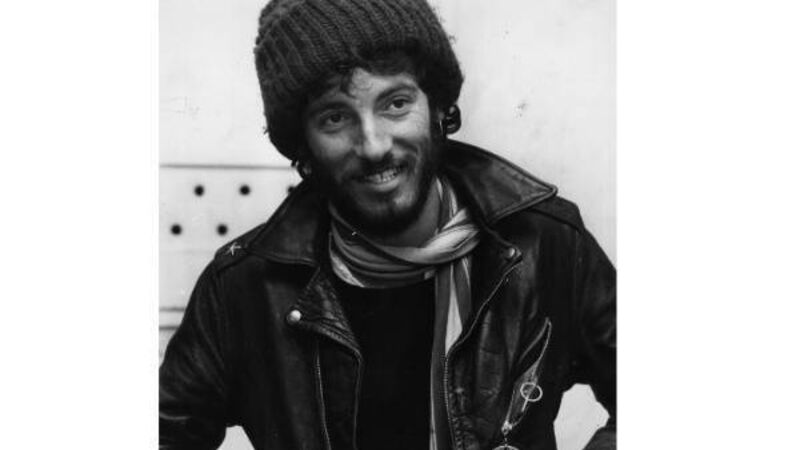Tom Dunne: Why music journalists need to be big and brave and honest

Jon Landau was blown away by Bruce Springsteen when he saw him support Bonnie Raitt in 1974. PIcture: Monty Fresco/Evening Standard/Getty
Charles Shaar Murray is a man who was known once in music circles as 'the rock critic’s rock critic'. He said that the mission of a music journalist was “to burst some f**king balloons, BBQ some dinosaurs, go out there, find the future and when we find it praise it to the skies". It’s a sentiment that still makes me high five the air.
“You said it, Charles,” I find myself saying, “Now, could you say it again, for the people at the back, and those who got here late!”
His views came to my mind as I read a few US reviews of the new Sprints album. I know I may be going on a bit about that album, but it is joy, deserving of your attention. It’s an album deserving of the “praise it to the skies” part of Charles’s mission statement.
This should be easy. It is doing amazing well. It was the “most added” album at US college radio last week. The upcoming UK tour is sold out and a 2nd UK tour in far, far bigger venues is now being announced. The NYC dates are sold out. People are clamouring. The buzz is palpable.
But a US-based publication, despite giving it a rave review, gave it a 7.1 score. That’s a respectable score, a “Well done you, sure look at ya!” score. But it is mealy-mouthed. It lacks the courage of its convictions. It lacks bravery. It’s playing it safe. It is so the opposite of CSM.
It made me hanker for the old days of music journalism. As punk hit there were a group of writers, a golden generation perhaps, who saw themselves as being almost as important and certainly as invested in the rock and roll lifestyle as the bands themselves.
Writers like Paul Morley, Julie Burchill, Lester Bangs, Nick Kent, Chris Salewicz and Tony Parsons, had opinions on music, life and the meaning of the Universe and weren’t shy about sharing them. There were civilian casualties, bands who’d wandered into their line of fire unaware of the dangers. But them was the breaks.
However, when someone like Salewicz found an artist to champion — like Bob Marley or Joe Strummer — he would take you on a trip into their worlds, their origins, their minds, that would re-define music journalism. It wasn’t just music anymore, it was everything.
At the time Elvis Costello had a quote ascribed to him – incorrectly as it turns out - that I wrote on my teenage bedroom wall: “Music is too important to be left to musicians.” As a young punk, with precious few musical skills, it was just what I needed to hear.
Because it was. It was the gateway drug. It opened you up to film, TV, books, ideas, art, and new things like nothing before or since. And holding your hand in this journey into the unknown, was this madcap bunch.
They were, to quote Tony Parsons, often “callow and cruel” but selling 250,000 a week they were also, incredibly “almost never edited". They expected to last as long as the bands – “two years tops”- and then hopefully become “the wine correspondent for the Daily Telegraph". But they were brave. They had the courage of their convictions. They gave high scoring reviews or very low scoring reviews. There was no in-between. 7.1 is Montessori stuff, at 7.1, everyone is a winner, everyone gets a medal.
They were brave like the then US music critic Jon Landau. On May 9, 1974, he sat through the support act at a Bonnie Raitt gig at the Harvard Square Theatre in Cambridge. He just saw one show, but the next day wrote: “I saw my rock and roll past flash before my eyes. I saw something else: I saw rock and roll’s future and its name is Bruce Springsteen.” He could have been proven wrong. But he was brave.
Josh Ritter, of whom I am a huge fan, wrote of music journalists this week on his Twitter feed: “Loving music is one thing, but to then attempt to translate those ineffable emotions into words for the rest of us, takes talent and bravery and beautiful human optimism.”
I say amen to all of that. Particularly the bravery bit. It takes a lot to write songs and raise your head about the parapet. When someone does it well, weigh in and sing their “praises to the skies.” Minimum 8 score, lads.




